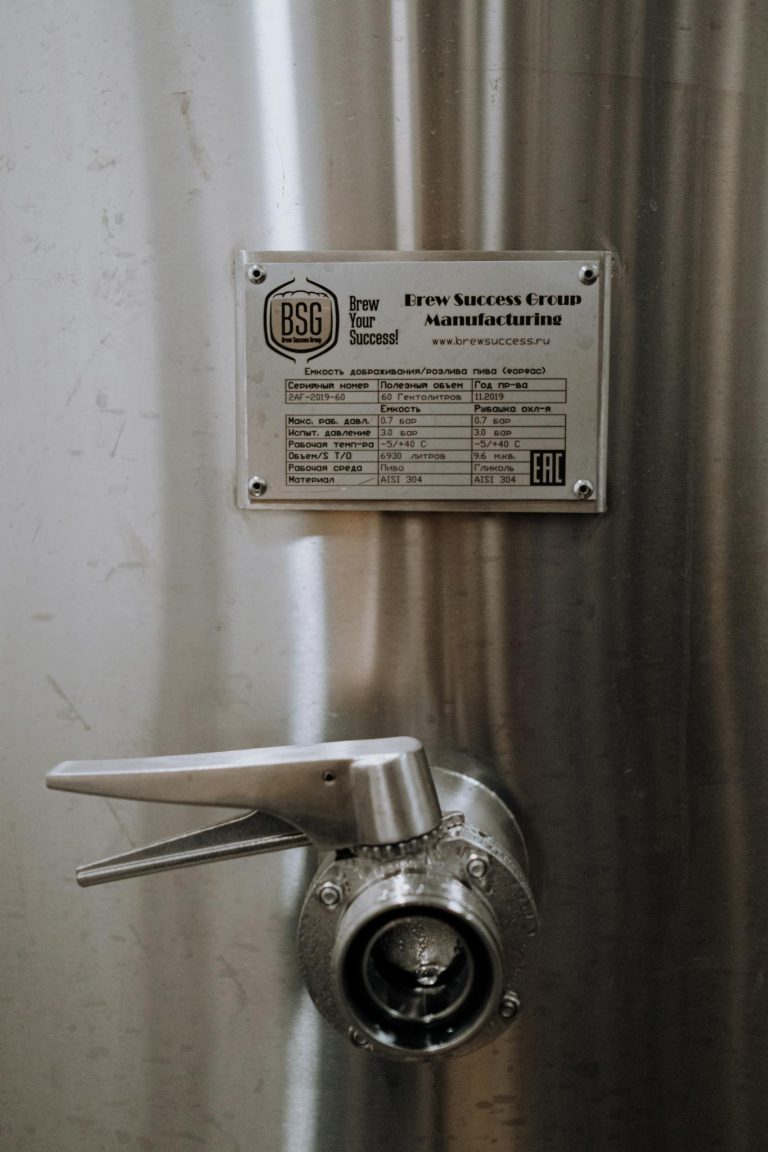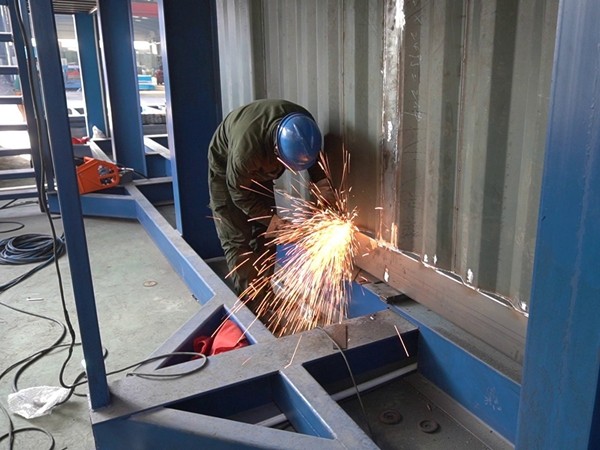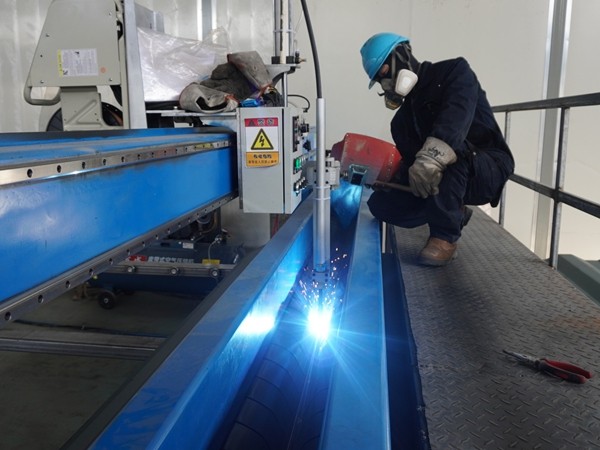Modular container buildings are reshaping the landscape of modern architecture. These versatile structures, once synonymous with temporary setups, are now being celebrated for their durability, cost-effectiveness, and sustainability. A growing number of industries are adopting this innovative construction style, moving beyond traditional building methods to embrace modularity and adaptability.
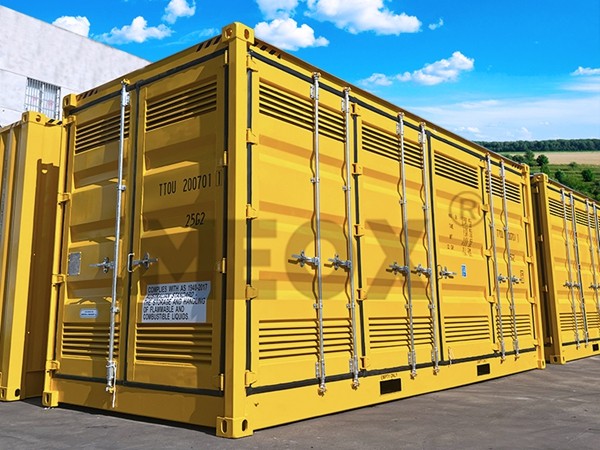
These structures are constructed from shipping containers, which are inherently robust and designed to withstand the harshest conditions during transportation. This makes them particularly suited for both residential and commercial applications, especially in areas prone to natural disasters. Their durability also reduces the need for frequent repairs, ensuring a longer lifespan and reducing maintenance costs.
One of the significant advantages of modular container buildings is their sustainability. By repurposing shipping containers, construction processes are eliminating waste and reducing the carbon footprint associated with producing new building materials. Furthermore, many modular container buildings incorporate green technologies, such as solar panels and rainwater harvesting systems, further enhancing their environmental credentials.
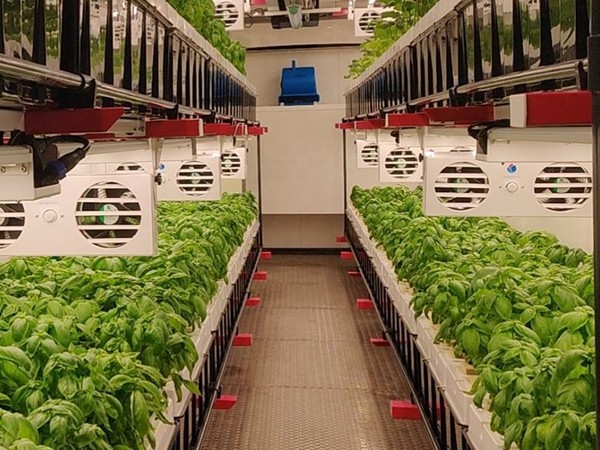
The cost-effectiveness of modular container buildings cannot be overstated. Traditional construction projects often suffer from budget overruns due to unexpected costs and delays. In contrast, the modular nature of these container buildings allows for precise budgeting. The bulk of the construction is done off-site, minimizing labor costs and reducing the likelihood of costly surprises. Additionally, the reduced construction time means that businesses can start operations sooner, accelerating return on investment.
Adaptability is another key benefit of modular container buildings. Unlike traditional structures, these buildings can be easily expanded or reconfigured to meet changing needs. This flexibility makes them ideal for businesses with dynamic operational requirements, such as tech startups or temporary event spaces. Furthermore, as businesses grow, additional modules can be added without disrupting operations, preserving continuity and minimizing downtime.
From a residential perspective, modular container buildings offer several unique advantages. They provide an affordable homeownership option in the face of rising real estate costs. With the cost of living climbing, young homeowners are increasingly turning to container homes as a viable entry point into the housing market. Architects and designers are pushing the boundaries of what’s possible, creating chic and luxurious spaces that challenge the preconceived notions of container living.modular container buildings
The speed of construction is a particularly appealing feature. Traditional construction can take months, if not years, to complete. Modular container buildings, by contrast, can be erected at a fraction of the time. This speed does not come at the expense of quality; in fact, the controlled environment of prefabrication ensures higher precision and quality control.
Moreover, modular container buildings align with digital transformation trends that are revolutionizing various industries. With the incorporation of smart technologies, these buildings can become part of the Internet of Things (IoT), with sensors and systems that optimize energy efficiency, security, and comfort. This technological integration represents a significant leap forward, aligning with the demands of the modern consumer who prioritizes convenience and innovation.
In terms of design, the modular container movement is nothing short of a renaissance. Architects are no longer constrained by traditional building materials and can experiment with form and function in unprecedented ways. The modularity allows for customization and creativity, resulting in personalized spaces that reflect unique personalities and brand identities.
To capitalize on the benefits of modular container buildings, it is essential to partner with reputable manufacturers and builders who are experienced in this niche. Quality assurance is paramount, and working with experts who understand the nuances and legalities of modular construction ensures a smooth process from concept to completion. These professionals bring a wealth of experience and authority, guiding clients through each step and offering realistic solutions tailored to individual needs.
In conclusion, modular container buildings are more than a trend; they represent a shift toward sustainable, cost-effective, and adaptable construction. Whether for residential or commercial purposes, these structures promise a future where quality, efficiency, and innovation coexist, offering a refreshing alternative to conventional building methods.

